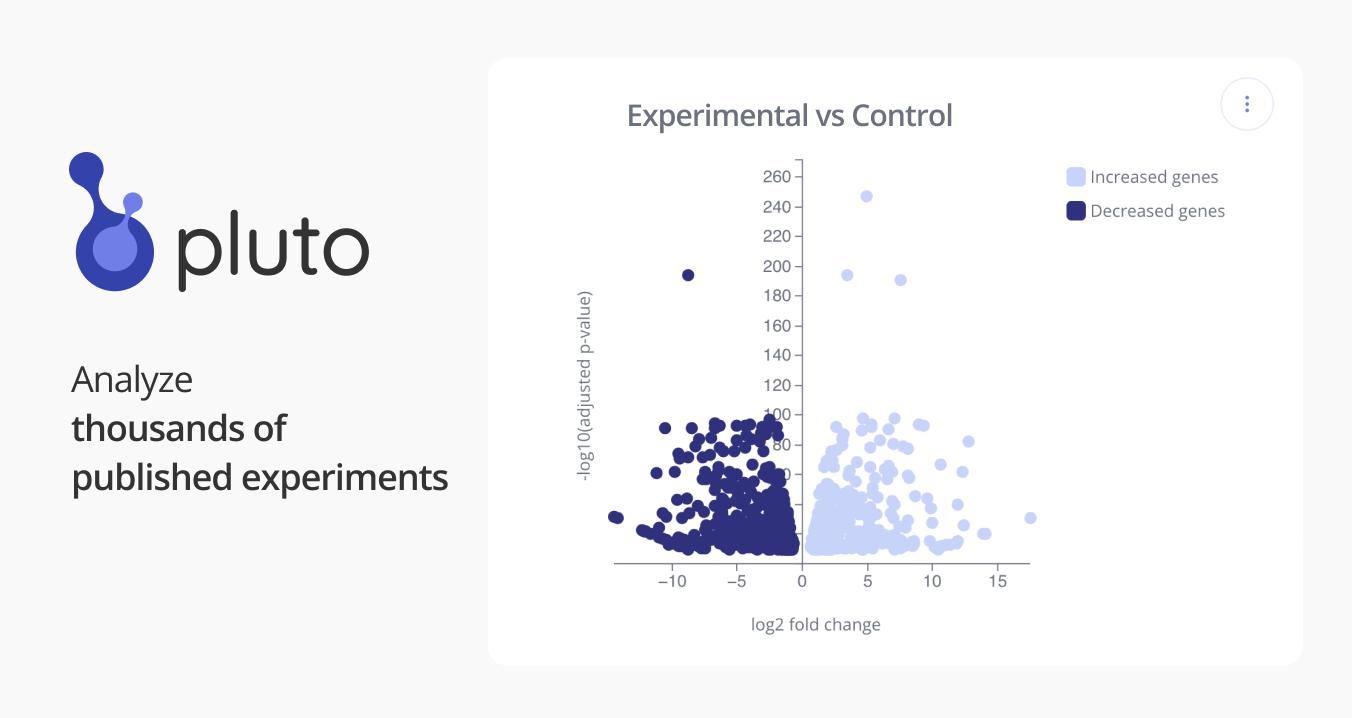Pluto Bioinformatics
GSE47121: Improved genome-wide mapping of uncapped and cleaved transcripts in eukaryotesGMUCT 2.0
Bulk RNA sequencing
The advent of high-throughput sequencing has led to an explosion of studies into the diversity, expression, processing, and lifespan of RNAs. Recently, three different high-throughput sequencing-based methods have been developed to specifically study RNAs that are in the process of being degraded. All three methodsgenome-wide mapping of uncapped and cleaved transcripts (GMUCT), parallel analysis of RNA ends (PARE), and degradome sequencingtake advantage of the fact that Illumina sequencing libraries use T4 RNA ligase 1 to ligate an adapter to the 5 end of RNAs that have a free 5-monophosphate. This condition for T4 RNA ligase 1 substrates means that mature mRNAs are not substrates of the enzyme because they have a 5-cap. As a result, these sequencing libraries are specifically made up of clones of decapped or degrading mRNAs and the 3 fragment of cleaved miRNA and siRNA targets. In this paper, we present a massively streamlined protocol for GMUCT that takes 2-3 days and can be initiated with as little as 5 g of starting total RNA and involves only one gel size-selection step. We show that the results are similar to libraries made using the previous GMUCT protocol and PARE. SOURCE: Nathan,Daniel,Berkowitz (nberk@mail.med.upenn.edu) - Gregory University of Pennsylvania
